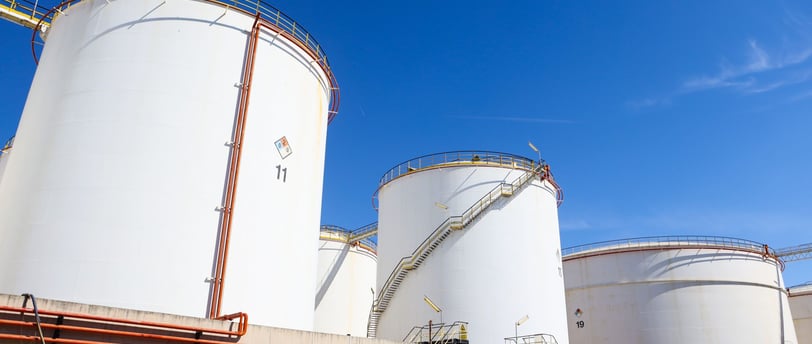Understanding the Oil Purchase Process: A Comprehensive Guide
8/25/20221 min read


Introduction to Oil Purchasing
The oil purchasing process encompasses various petroleum products including diesel fuels, jet fuel, and other derivatives crucial for diverse industries. Essential grades such as diesel D2 and diesel D6 are commonly sought after, as they serve different operational purposes. In addition, aviation requirements for jet fuel, specifically JP54, highlight the demand across various sectors.
Navigating the Types of Fuel
The distinction between the various types of fuels available in the market is paramount to understanding the oil purchasing process. Diesel D2 is primarily utilized for standard diesel engines, while Diesel D6 serves as a more refined grade with lower sulfur content, making it suitable for industries focused on reducing emissions. On the other hand, JP54 jet fuel remains a critical requirement for aviation, ensuring efficient operations of aircraft.
The Importance of LNG, LPG, and Mazut 100
In recent years, Liquefied Natural Gas (LNG) and Liquefied Petroleum Gas (LPG) have gained traction as cleaner alternatives to traditional fuels. The oil division's commitment to offering these options enhances sustainability across energy consumption. Furthermore, Mazut 100, a heavy fuel oil, is essential for numerous industrial processes and should be approached with a clear understanding of grading and quality for effective procurement.
Understanding the intricacies of the oil purchase process allows companies and individuals to make informed decisions. Whether it be securing diesel D2 for transportation or selecting JP54 for flight operations, crafting a comprehensive purchasing strategy is vital. Companies specializing in fuel procurement often guide their clients through these choices, ensuring a selection that best aligns with operation needs and regulatory compliance.
In conclusion, the diversity of petroleum products and the dynamic landscape of the oil industry necessitate a well-defined approach. By grasping information regarding diesel types, jet fuel variants, as well as cleaner energy options like LNG, LPG, and Mazut 100, stakeholders can optimize their purchasing processes effectively, paving the way for smoother transactions and enhanced operational success.
CALL US:
Standards
contact@medcolematangbv.com
© 2025. All rights reserved.
SEND YOUR QUESTIONS TO:
+31 97005035077
